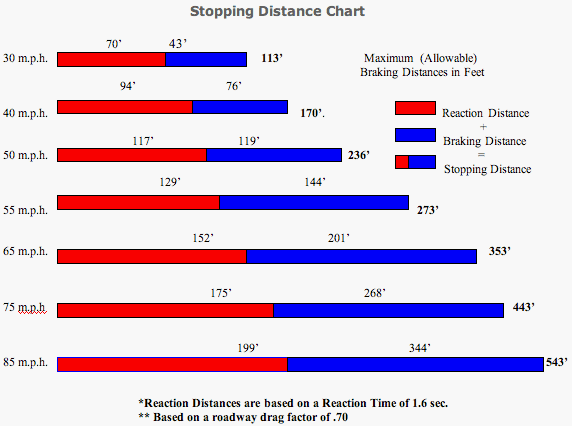What should I do if I've been involved in a traffic crash?
A person should first ensure that no one is injured. If anyone is injured as a result of the crash dial 911 immediately. You should also be aware of any potential dangers as a result of the crash, such as vehicles catching on fire, flying debris, hazardous materials, possibility of more crashes due to position of disabled vehicles, etc. If any of these or similar dangers are present, dial 911 immediately. If no one is injured, a person should make contact with the local, county, or state law enforcement agency using emergency or non-emergency telephone numbers. All parties (drivers) should exchange information: driver's license numbers, vehicle license numbers, names, addresses, and phone numbers of all persons involved, and the insurance company name and policy number of each driver. The involved persons should also write down the time and location where the traffic cash occurred.
What are the reporting requirements if I've been involved in a traffic crash?
A traffic crash report will be taken when the following reporting criteria is met:
- The collision is unintentional,
- The collision occurs on a public way,
- The collision is caused by a vehicle in motion, AND
- Any personal injury is involved OR
- Combined damage to all vehicles or property is in excess of $1000.00
When should I make a traffic crash report?
A reportable traffic crash must be reported immediately by the quickest means of communication to a state police officer, or to the nearest state police field office, or to the sheriff's office, or to a deputy sheriff, within the county in which the crash occurred, or to the office of the police department, or to an officer, of the municipality in which the crash occurred. The crash must be reported by:
- The operator of an involved vehicle;
- A person acting for the operator; or
- If the operator is unknown, the owner of an involved vehicle having knowledge of the crash.
What is the penalty for not making a traffic crash report?
A person commits a Class E crime if that person:
- Is required to make and oral or written report and knowingly fails to do so within the time required.
- Is an operator involved in a reportable crash and knowingly fails to give a correct name and address when requested by an officer at the scene; or
- Is the operator involved in a reportable crash or the owner of a vehicle involved in a reportable crash and knowingly fails to produce the vehicle or, if the vehicle is operational, return it to the scene when requested by the investigating officer.
- The Secretary of State may suspend or revoke the motor vehicle driver's license and certificate of registration of a person who is required to make a report and fails to do so.
How can I make a traffic crash report?
A report must be made to the police agency within the jurisdiction that the crash occurred. This may be a municipal police department, a county sheriffs department, or the state police. When making the report you must be able to produce your license information, registration information, insurance information, and the date, time, and location of the crash. You must also be able to produce the name and dates of birth of all passengers in your vehicle.
How can I obtain a copy of a traffic crash report?
Crash reports may be purchased for a fee of $10.00. This is a non-refundable administrative fee charged to cover the cost of the records search, and will not be refunded even if it is determined that no report exists. (Report must be complete before ordering online)
Reports are available online, or through the traffic division office at 36 Hospital Street in Augusta.
Some useful information to have when ordering a crash report is:
- Date and Location of Crash
- Name and date of birth of one or more persons involved
- Name of investigating officer or agency
- Incident report number, if known
- What are the top traffic violations that cause traffic crashes?
Traveling in excess of the posted speed limit, or driving at any speed that is unsafe, based on the present conditions (rain, fog, snow and other conditions) that may dictate that even the posted speed limit is not safe.
Title 29-A § 2053 Failing to Yield Right-of-Way
Yielding right of way varies situationally from traffic on the interstate to traffic circles. This statute outlines the laws surrounding yielding the right-of-way.
Title 29-A § 2066 Following Too Close
An operator of a vehicle may not follow another vehicle more closely than is reasonable and prudent, having due regard for the speed of the vehicles, the traffic and the condition of the way
